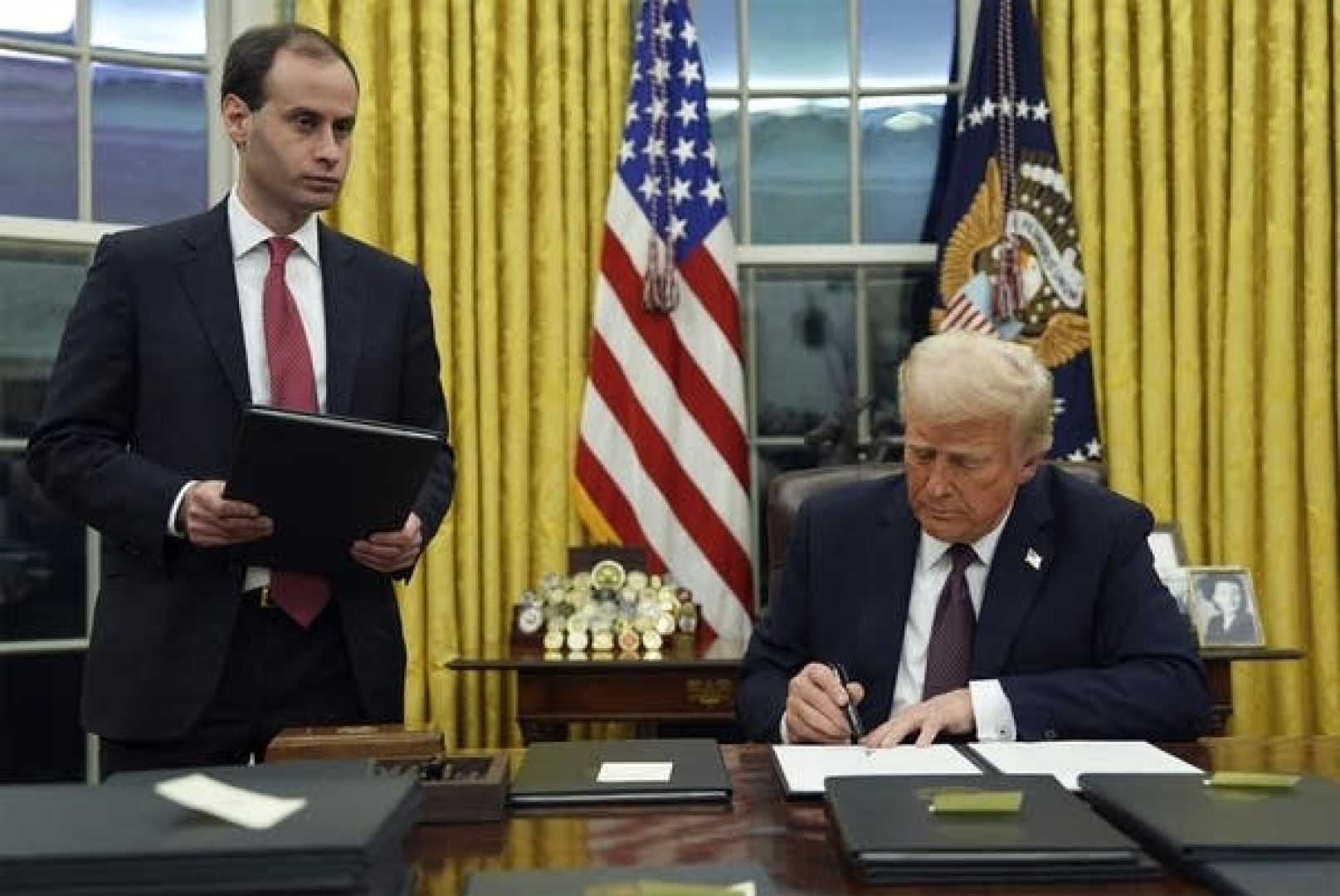Politics
Trump Signs Executive Order Limiting Gender Recognition to Male and Female

WASHINGTON, D.C. — President Donald Trump signed an executive order on his first day back in office, Jan. 23, 2025, defining sex as strictly male or female, a move that could significantly impact transgender and nonbinary individuals nationwide. The order mandates that federal documents, including passports and prison assignments, reflect this binary definition, reversing previous policies that recognized a broader spectrum of gender identities.
The order, titled “Protecting Women’s Spaces and Defining Sex,” states that the U.S. government will no longer recognize nonbinary or intersex identities on official documents. It also requires federal prisons to house inmates according to their sex assigned at birth, rather than their gender identity, and halts federal funding for gender-affirming medical care.
“It is the policy of the United States to recognize two sexes, male and female,” the order reads. “These sexes are not changeable and are grounded in fundamental and incontrovertible reality.” The directive also criticizes what it calls “ideologues who deny the biological reality of sex,” accusing them of using legal means to allow individuals to self-identify as a gender different from their birth sex.
The order has drawn sharp criticism from LGBTQ+ advocates and medical professionals. Kelley Robinson, president of the Human Rights Campaign, called the move “harmful” and vowed to fight back. “We refuse to back down or be intimidated,” Robinson said. “We are not going anywhere, and we will fight back against these harmful provisions with everything we’ve got.”
Sarah McBride, the first openly transgender member of Congress, also condemned the order. “No executive action, no legislative action for that matter, can erase the reality of diversity across gender in our society,” McBride told NBC News.
The order’s implementation is expected to face legal challenges. Heron Greenesmith, deputy director of policy at the Transgender Law Center, noted that much of the order requires further federal action. “Nothing is in effect,” Greenesmith said. “Federal agencies must tell the president within 120 days what they’ve done to comply with the order.”
The State Department, responsible for issuing passports, has already taken down a webpage explaining how individuals could change their gender markers. Chase Strangio, an ACLU lawyer, said it is unlikely that new applications to change gender markers on passports will be approved. However, a White House spokesperson confirmed that existing passports with the “X” gender marker will remain valid until they expire.
The order also impacts federal prisons, which house approximately 2,300 transgender inmates. It mandates that transgender women be housed in men’s facilities and prohibits gender-affirming medical care. Sarah Warbelow, legal director at the Human Rights Campaign, noted that court orders granting inmates access to such care remain in effect, despite the new policy.
Medicaid coverage for gender-affirming care, which varies by state, could also be affected. Lindsey Dawson, director of LGBTQ health policy at KFF, said eliminating coverage in states that currently offer it would likely involve a lengthy process and face court challenges.
The order has reignited debates over gender identity and the rights of transgender individuals, with advocates warning of far-reaching consequences for those affected. As the legal battles unfold, the future of gender recognition in the U.S. remains uncertain.












